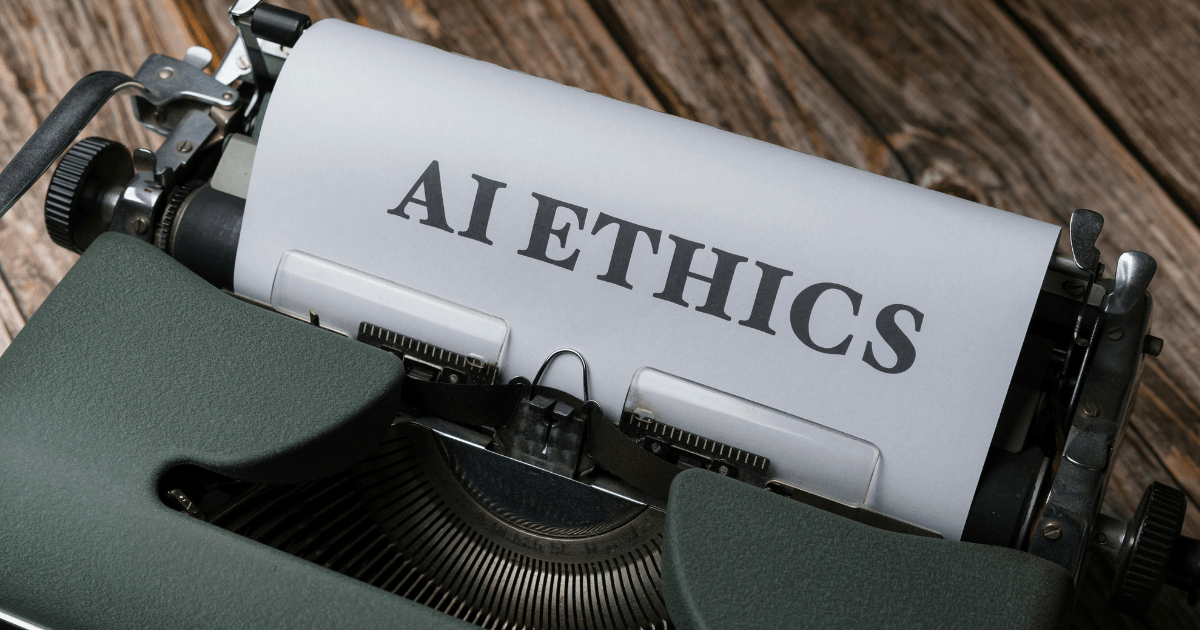Artificial intelligence has quickly taken over our lives in various ways: from sophisticated facial recognition software to autonomous vehicles. While the potential benefits are vast, ethical considerations in development and application come at the forefront. Here’s why we need ethical governance in AI and how we can achieve it.
The Need for Ethical Guardrails
AI algorithms are trained over massive datasets, and these datasets may reflect societal biases. Imagine a loan approval system trained from history where certain demographics are disadvantaged. An AI system could go on to perpetuate this bias by denying loans to qualified people.
Further, AI systems can be opaque, making their decision-making process hard to fathom. This very lack of transparency can erode trust and create concerns about accountability. Imagine an AI-powered recruitment tool rejecting candidates for seemingly arbitrary reasons. Without transparency, it is impossible to identify and rectify bias inside the system.
Building a Framework for Trustworthy AI
Key principles to be considered in ethical AI governance include:
Transparency & Explainability: AI systems should be designed to explain their decision-making processes. This allows for human oversight and identification of possible biases.
Fairness & Non-Discrimination: Development and deployment should include proactive methods to prevent discrimination against a group or an individual. Algorithmic fairness audits help counteract bias in training data and model outputs.
Privacy & Security: AI systems must respect user privacy and cannot be hacked or manipulated. Strong data protection regulations and anonymization techniques are part of this effort.
Human Control & Accountability: Humans should ultimately be responsible for decisions made by AI, particularly in high-stakes situations. Clear lines of accountability need to be constructed.
Human Values Alignment: The development and use of AI should be done in a way consistent with core human values, such as justice, equality, and liberty. Public debate and ethical impact assessment may help development be led in the right direction.
Ethical AI governance demands collaboration from various stakeholders:
Policymakers: They can develop regulations that promote responsible AI development and use.
Tech companies: They need to embed ethical principles throughout the AI life cycle—from design to deployment.
Civil Society Organizations: These can create awareness of ethical issues and campaign for the responsible development of artificial intelligence.
Academe & Research Institutions: They can create ethical frameworks and research to come up with responsible AI practices.
The Public: An aware public can discuss ethics in AI and keep stakeholders accountable.
The Road Ahead:
Building a future of trust and innovation.
Ethical AI governance is not a one-time fix but an ongoing process. It demands steady review, adaptation, and public dialogue. We can only ensure AI serves humanity and empowers us toward the building of a better future through collaboration.
This blog post barely touches on this complex topic. There is a great deal of information online that is further detailed, such as from UNESCO and the World Health Organization Let’s continue the conversation and create a future where AI benefits all.







